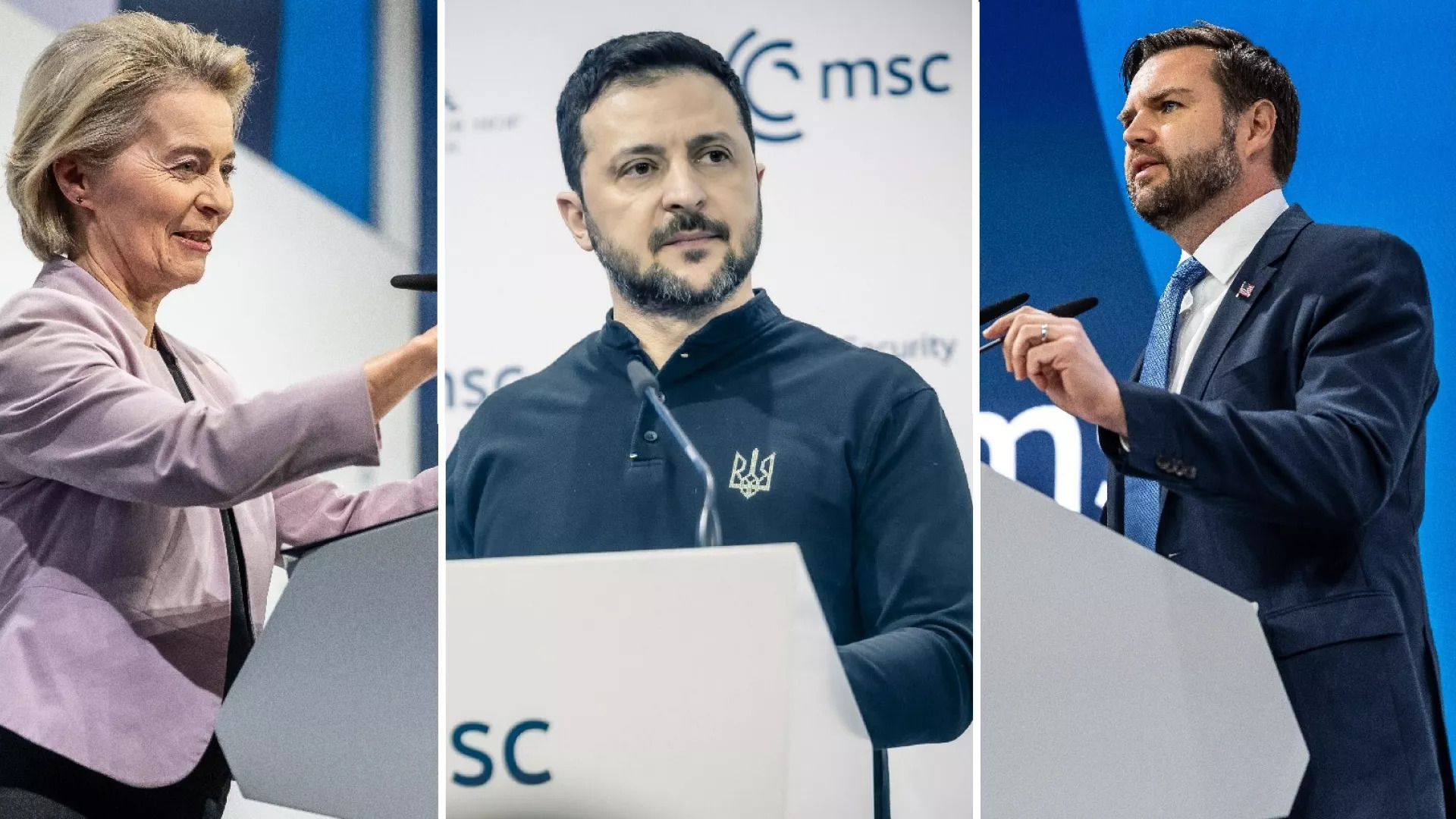
Xiao Qian, Deputy Director, Center for International Security and Strategy at Tsinghua University
Feb 20, 2025
Ukraine crisis lingers as the transatlantic alliance faces an uncertain future. Meanwhile, the international order is undergoing a profound restructuring as the sand shifts under traditional commitments by the United States and as Europe seeks greater autonomy.
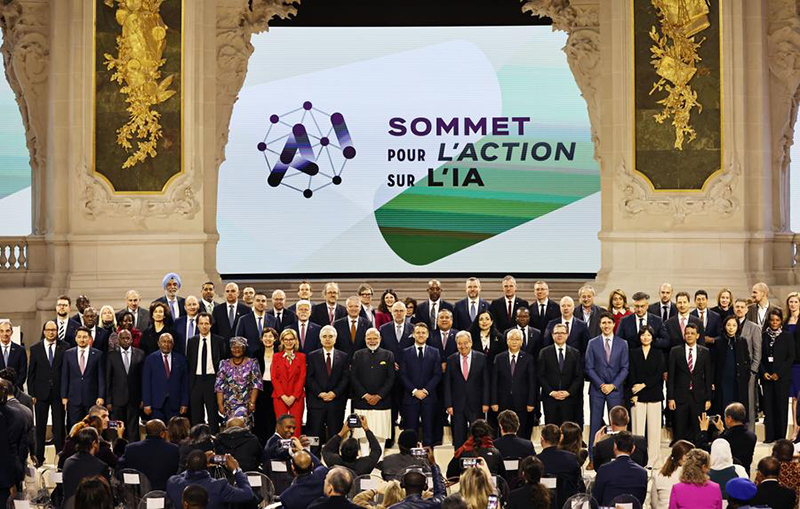
Wang Youming, Senior Research Fellow of BRICS Economic Think Tank, Tsinghua University
Feb 07, 2025
While the Western outlook on global governance reveals defects and weaknesses, the new outlook proposed by BRICS countries has attracted broad international attention.
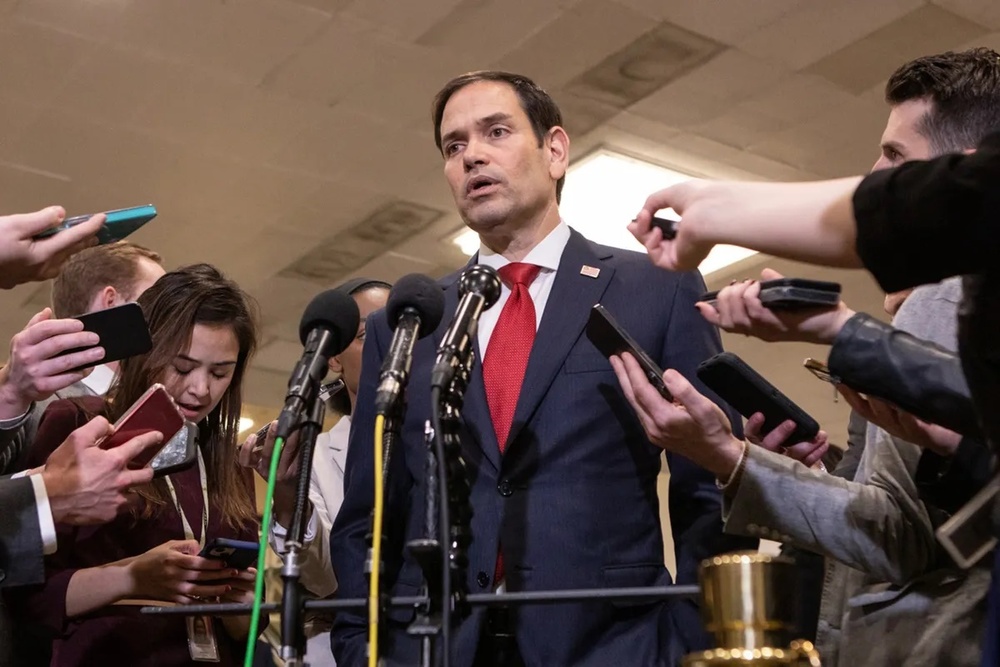
Mallie Prytherch, Researcher at Centre on Contemporary China and the World, University of Hong Kong
Feb 07, 2025
Secretary of State Marco Rubio recently stated that multipolarity is not only the preference, but the norm in the Trump administration—a dramatic shift in U.S. foreign policy. But unlike China’s globally engaged model, Rubio’s approach prioritizes U.S. interests, reflecting a more transactional and less globally engaged stance.
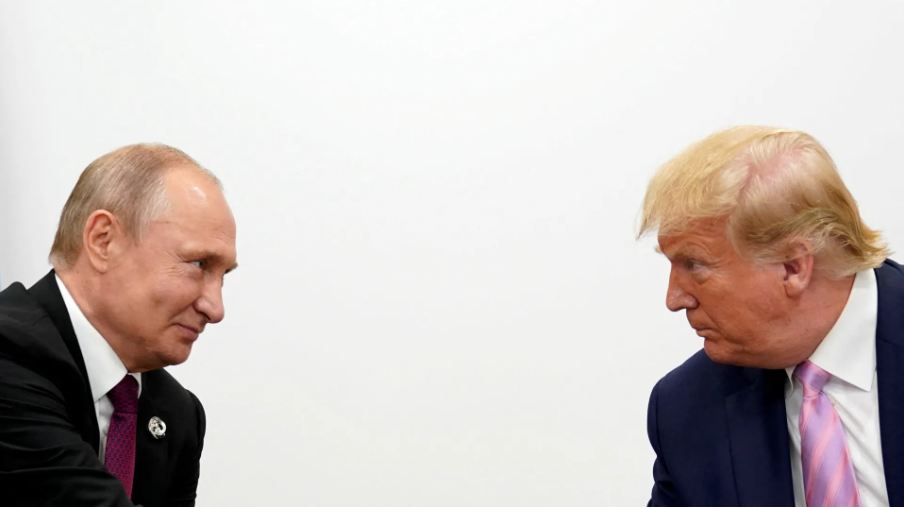
Richard Weitz, Senior Fellow, Hudson Institute
Jan 17, 2025
China and Russia, long united by shared strategic objectives, have formed a quasi-alliance that poses a significant challenge to U.S. interests. As the Trump administration navigates this complex relationship, could strengthening U.S. alliances and boosting military readiness be the key to countering this formidable partnership?

Sebastian Contin Trillo-Figueroa, Geopolitics Analyst in EU-Asia Relations and AsiaGlobal Fellow, The University of Hong Kong
Franz Jessen, Former EU Ambassador to the Philippines and Vietnam; EU Deputy Head (Beijing); Economist and Diplomat in EU-Asia Relations
Jan 10, 2025
Greenland is synonymous with the far reaches of the Northern Atlantic, out of the way of major global events, but now with an ever growing demand for energy and Donald Trumps’ bold overtures, could the remote island become a hotbed of competing global interests?
Zhang Tuosheng, Principal Researcher at Grandview Institution, and Academic Committee Member of Center for International Security and Strategy at Tsinghua University
Jan 07, 2025
China must see to its own domestic affairs and promote all-around socioeconomic progress. Externally, it must walk the path of peaceful development without wavering, adhere to an independent foreign policy of peace and hold fast to multilateralism to foster solidarity with other nations. Only in this way can we overcome the severe challenges that are coming our way.
Zhu Junwei, Director, Center for American Studies, Grandview Institution
Dec 24, 2024
It’s no longer just a movie: The risk of a nuclear accident, mistake or blunder that escalates into war is a tangible reality. U.S.-China engagement is urgently needed and could produce more stability and sustainability than many other areas of cooperation in the face of new and evolving nuclear risks.
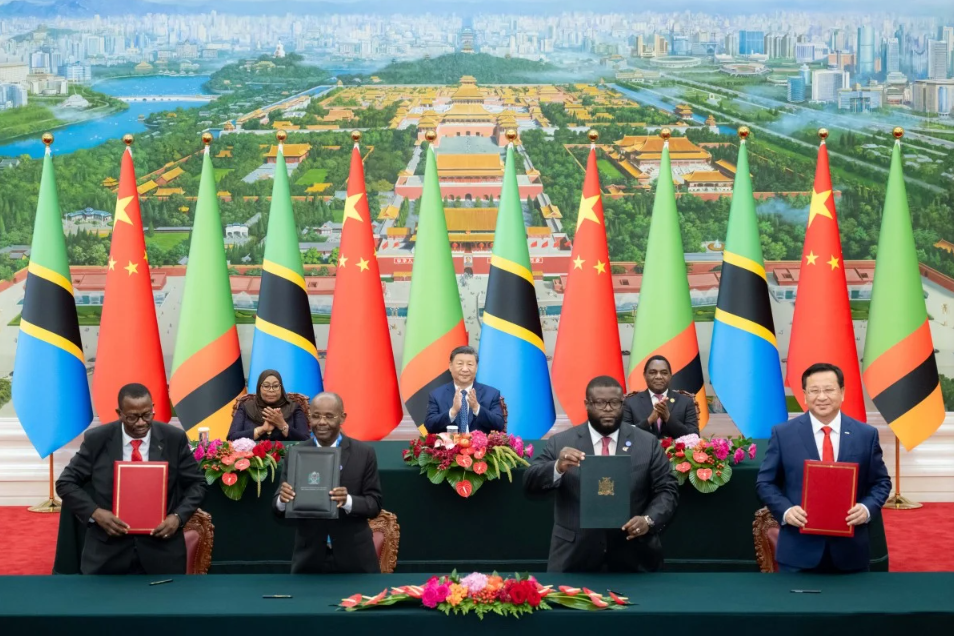
Sebastian Contin Trillo-Figueroa, Geopolitics Analyst in EU-Asia Relations and AsiaGlobal Fellow, The University of Hong Kong
Mohamed Ibrahim Hafez, Researcher, Political Economy of MENA, Nottingham Trent University
Dec 13, 2024
Africa’s growing affinity for China draws both excitement and concern from observers the world over, while African leaders themselves seem drawn to the material benefits China is offering. What has China really done for Africa’s developing nations thus far?

Richard Javad Heydarian, Professorial Chairholder in Geopolitics, Polytechnic University of the Philippines
Dec 13, 2024
The West’s dominating influence around the world has come under heavy scrutiny as open conflicts rage on in Europe and the Middle East. Does this year’s BRICS Summit, hosted in Russia, represent an inflection point in the global community’s tolerance for U.S.-led order?
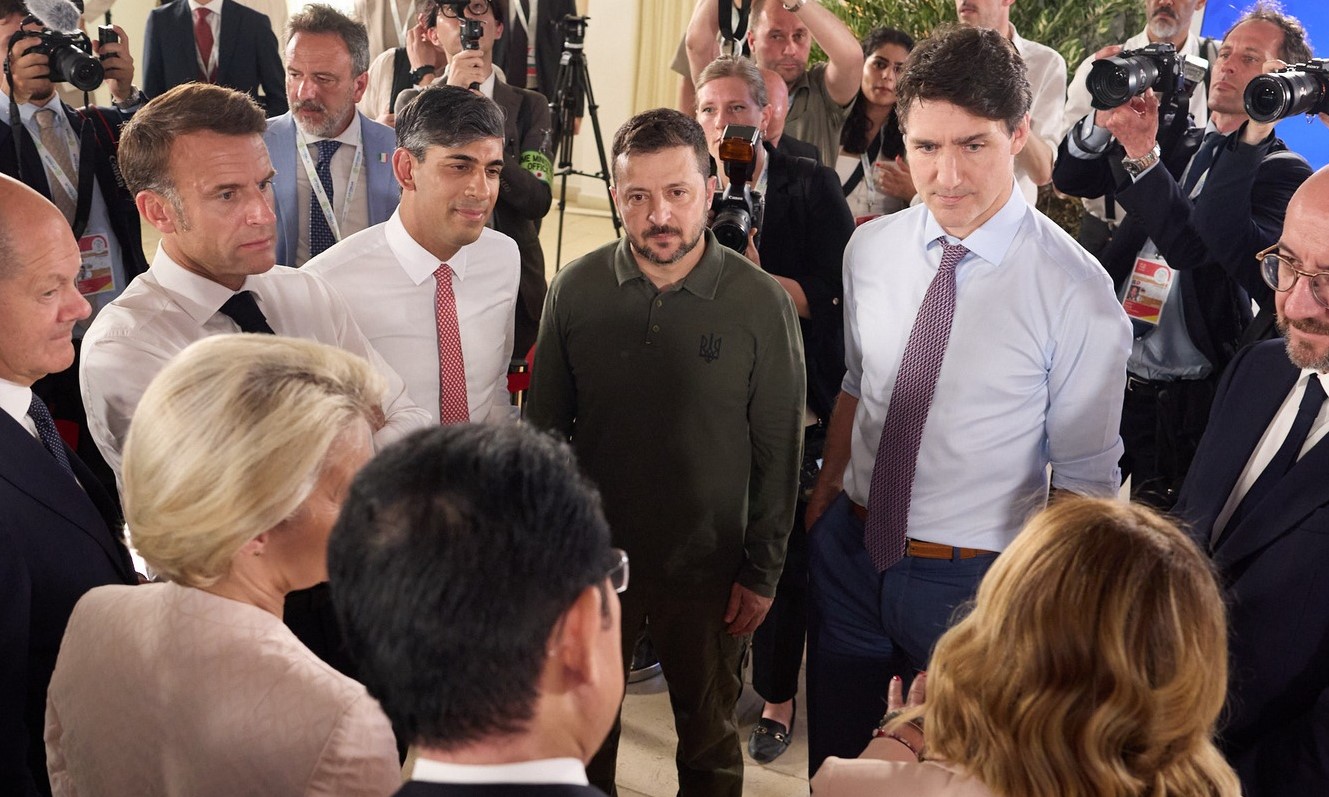
An Gang, Adjunct Fellow, Center for International Security and Strategy, Tsinghua University
Jul 26, 2024
A growing number of voices warn of a coming global conflict of catastrophic proportions. Such messages must be interrupted. The world must not sleepwalk into war. As it moves to the center of the world stage, China not only calls for peace but actively plans it.
Back to Top

- China-US Focus builds trust and understanding between the U.S. and China through open dialogue among thought leaders.
- Our Offerings
- Topics
- Videos
- Podcasts
- Columnists
- Research Reports
- Focus Digest
- Stay Connected
-
Thanks for signing up!
- Get the latest stories from China-US Focus weekly.